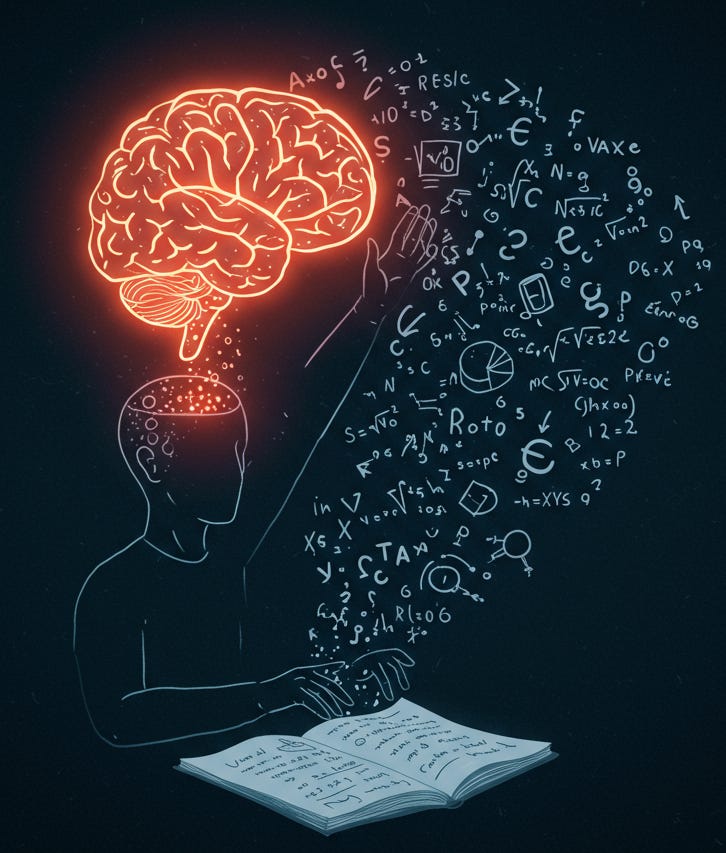using your memory to strengthen your memory: retrieval practice
perhaps the best, general, scientifically-validated, most-easily implemented method for strengthening your memory
learners fundamentally misunderstand memory
We are very poor judges of when we are learning well and when we are not.
Rereading text and massed practice (doing the same thing lots of times) of a skill or new knowledge are the preferred study strategies of learners…
…but they are also among the least productive…
Why?
We conventionally distinguish between encoding memories, consolidating memories, and retrieving memories. Learners do not. They focus on encoding - highlighting text, re-reading material, adding little notes to the text - all of that stuff. It’s largely a waste of time.
There is a much better, scientifically-tested, validated and demonstrated method - its old name is the ‘testing effect’. Its newer name is ‘retrieval practice’, to emphasise the correct focus should be on getting information back out of memory, so it can be used to allow you to do something.
Retrieval practice is easy to implement, but feels a little uncomfortable at first...
…but I think you’d feel a little cheated if you went to the gym to build muscle, and never experienced any muscle pain, and were never pushed out of your comfort zone. A little bit of discomfort during learning is a good, tbh.
(There are other very effective methods for improving memory, which I will discuss in further posts; and my book ‘Talking Heads’ (US Kindle Ed available here) discusses human memory extensively).
what is ‘retrieval practice’, and how do you implement it (inc in classrooms)?
(btl: in the classroom; a short history; why it works: cognition first; what the brain seems to be doing; design rules: how to make retrieval stick; two profound benefits; five low-friction ways to practise retrieval; worked examples; common mistakes and how to fix them; for teachers and teams; for students - do’s and don’ts; a simple two-week cycle; a note on mechanism; takeaways; lots of bonus links)



